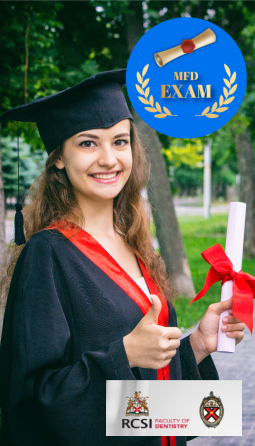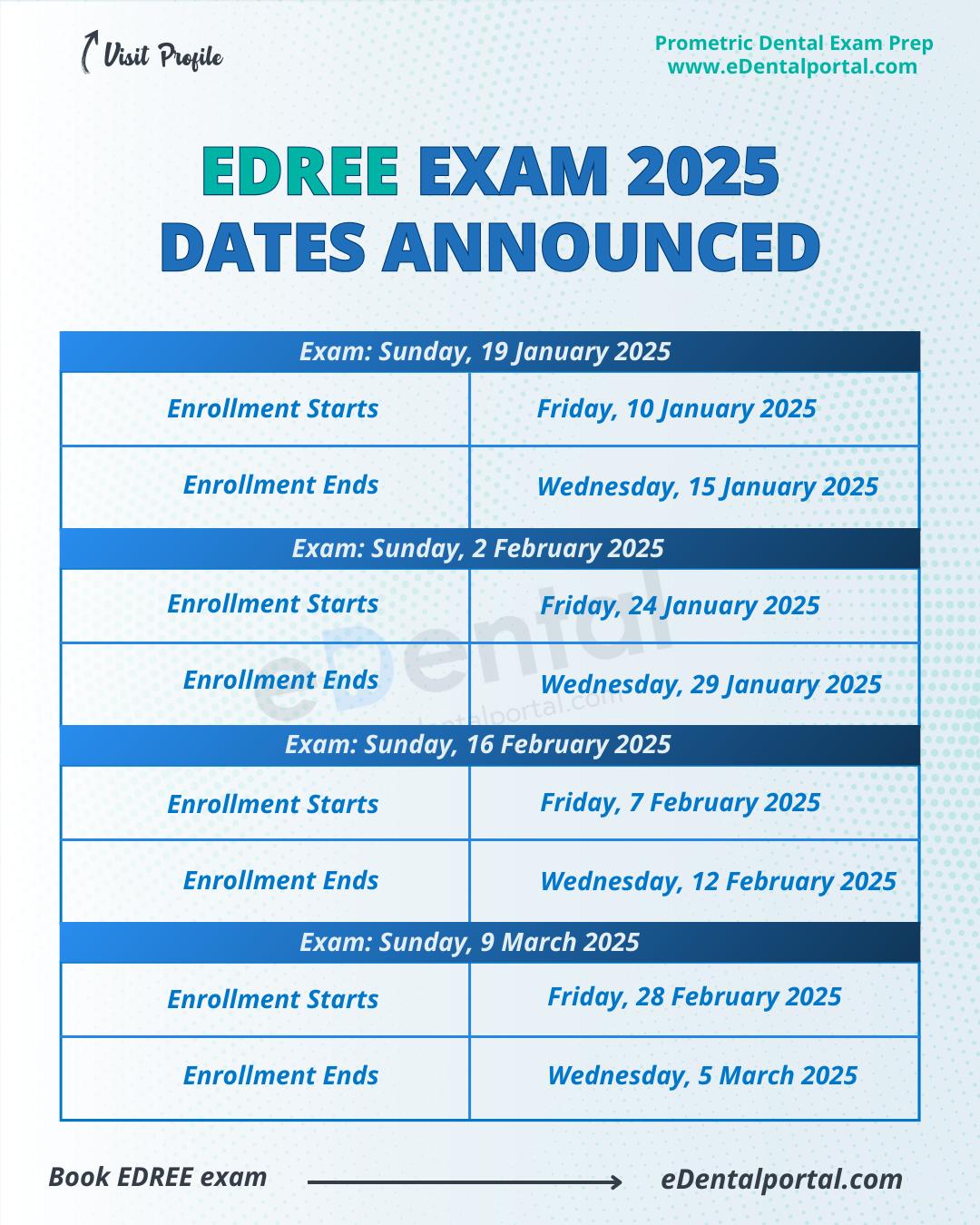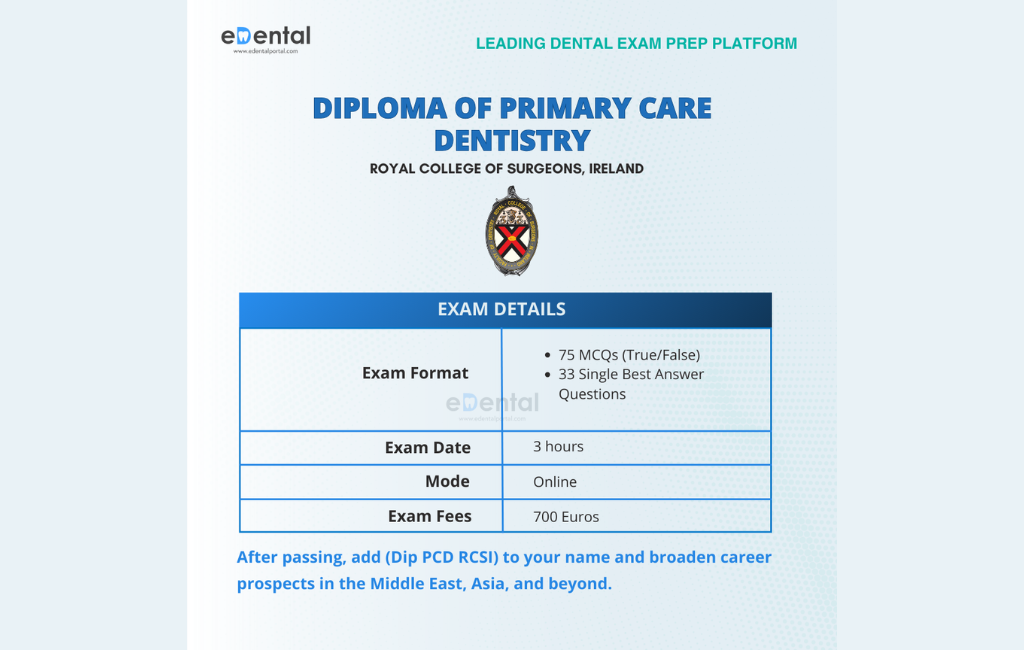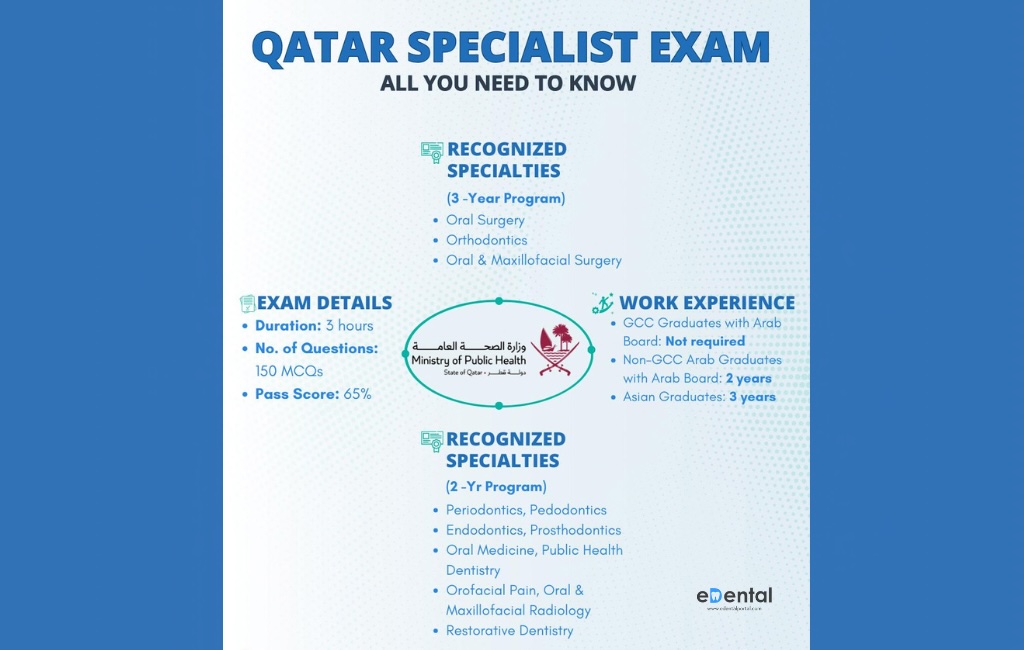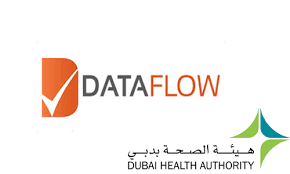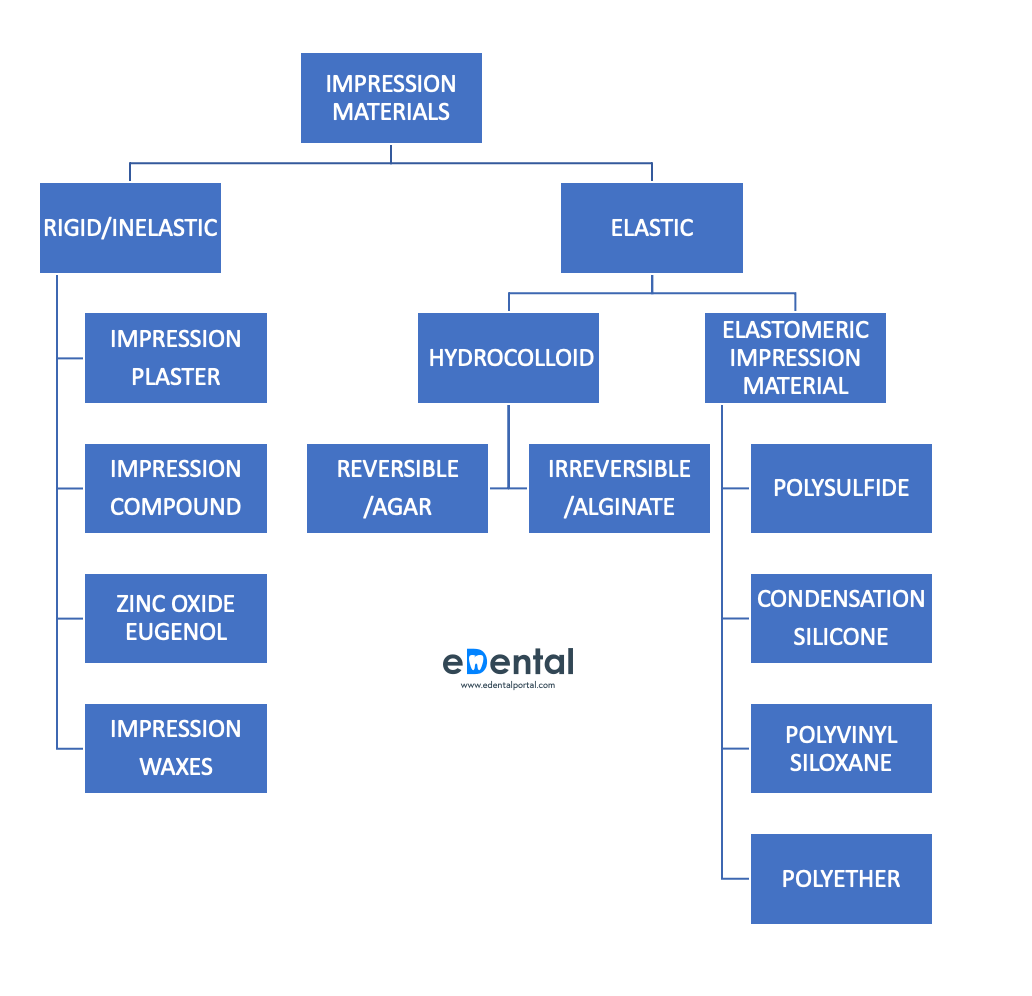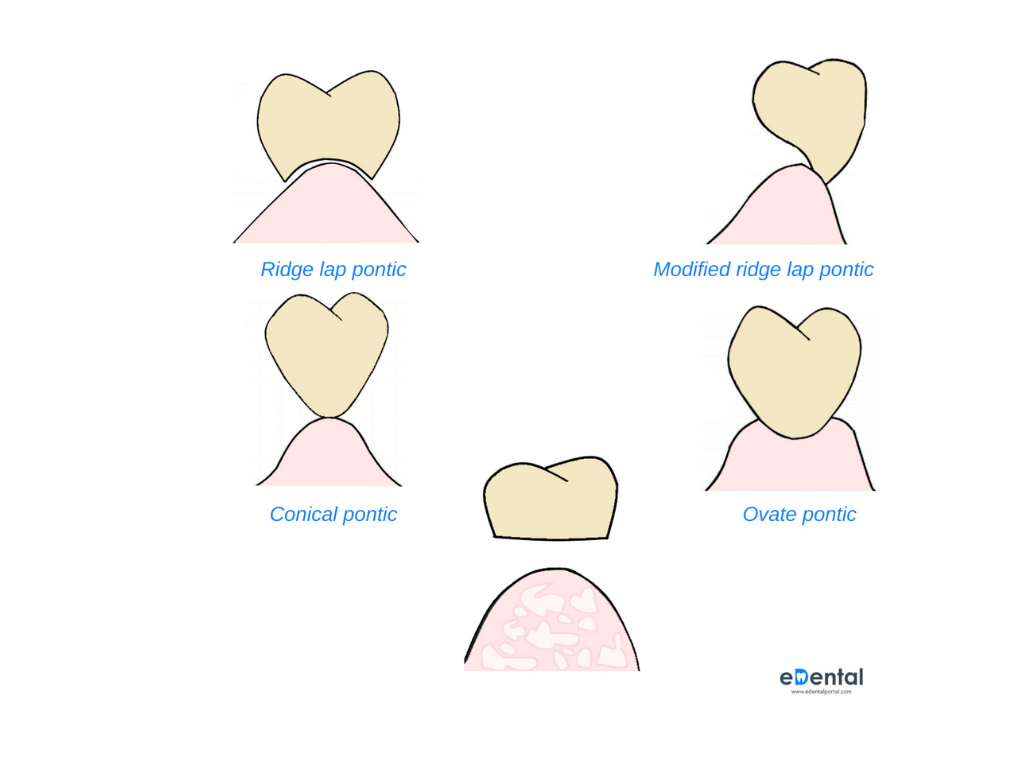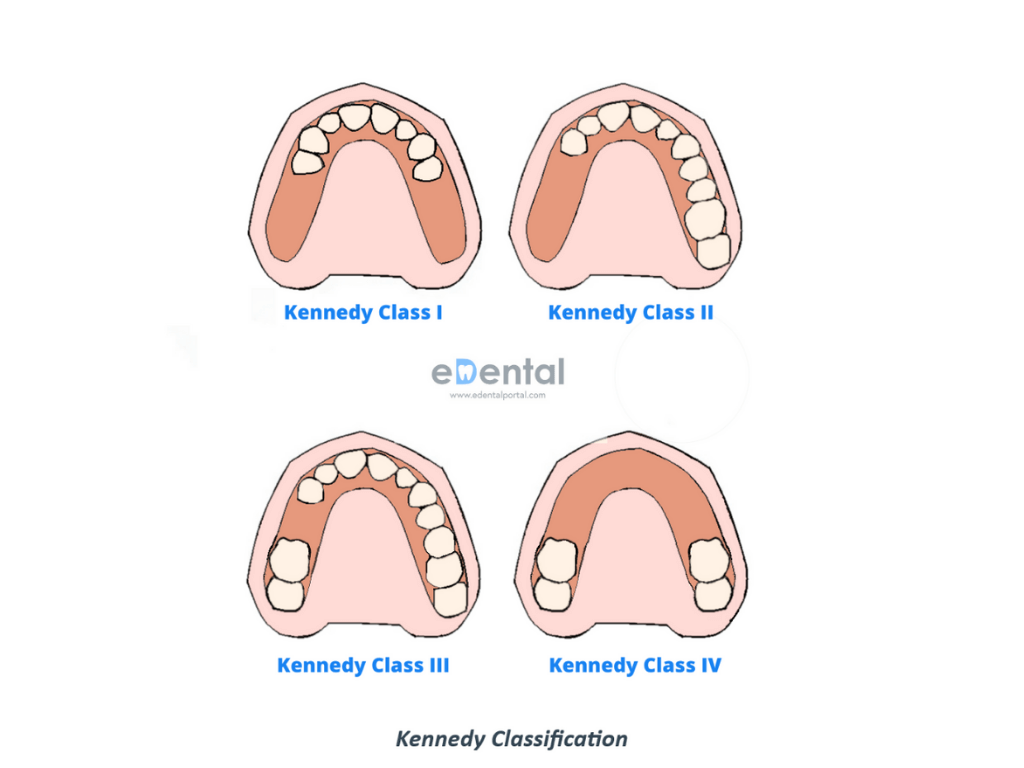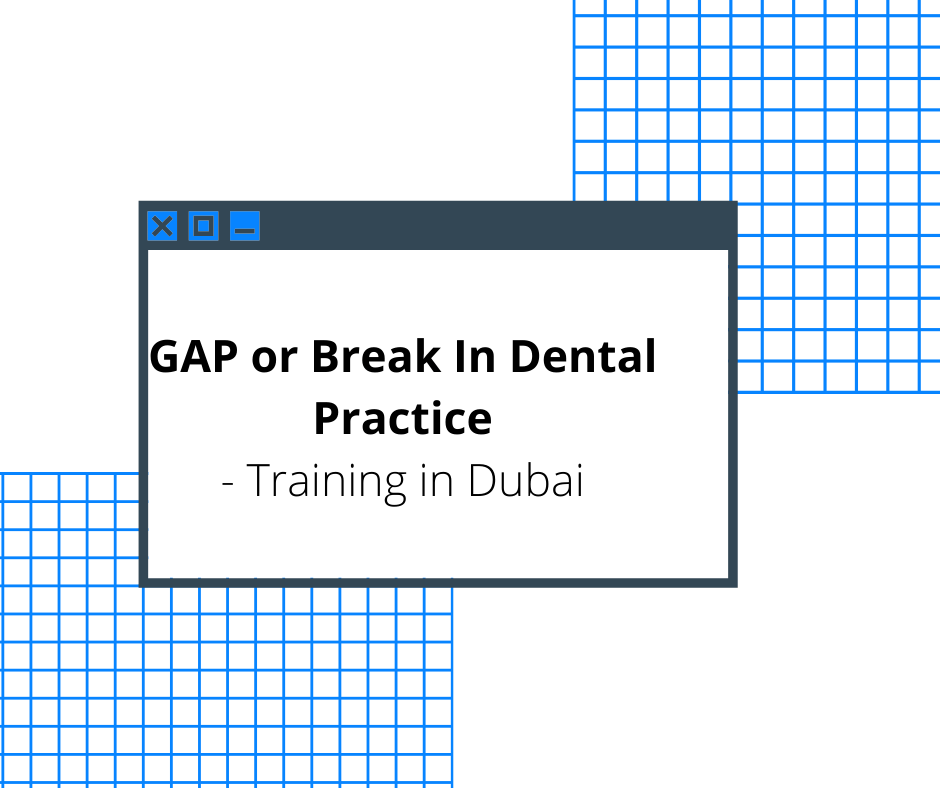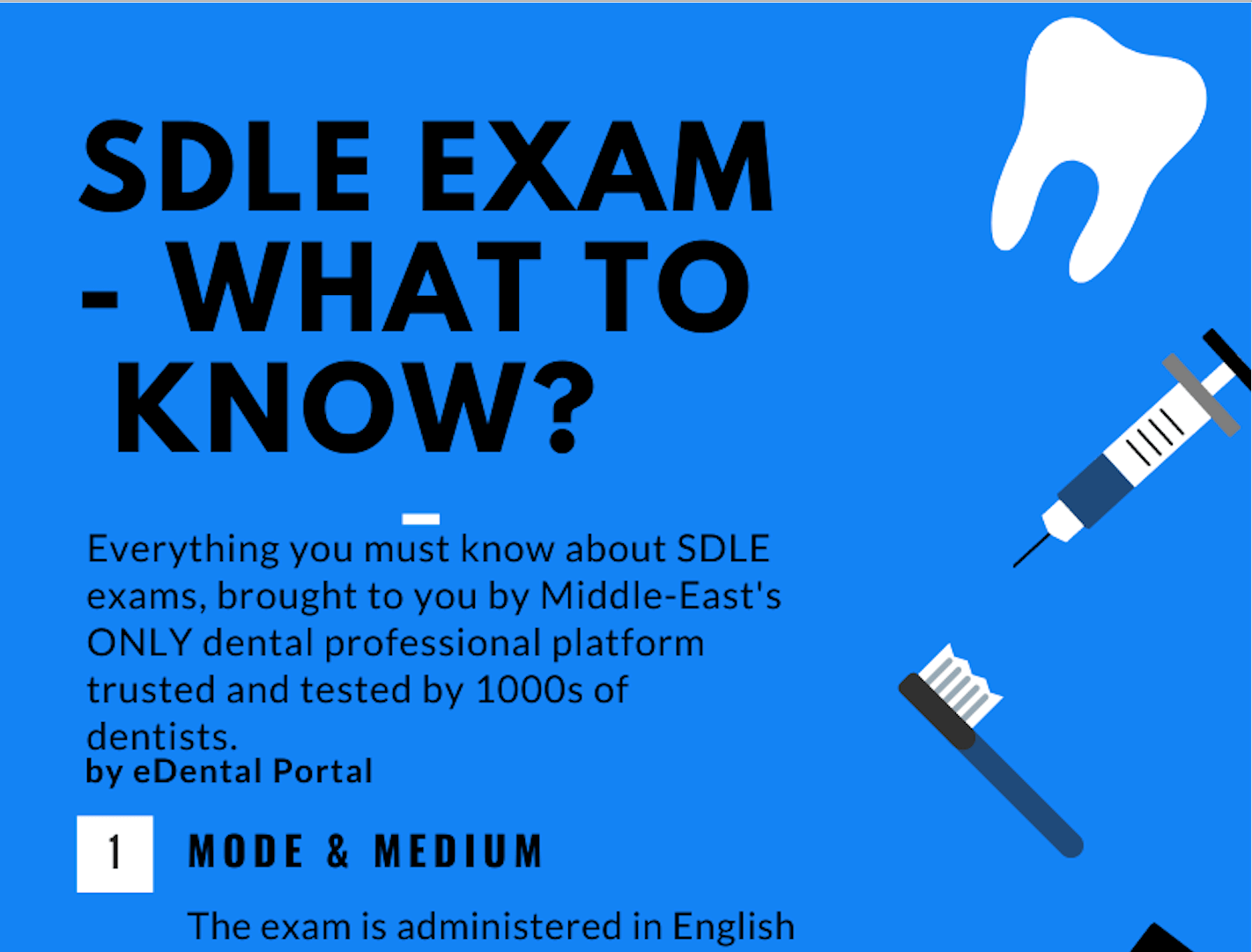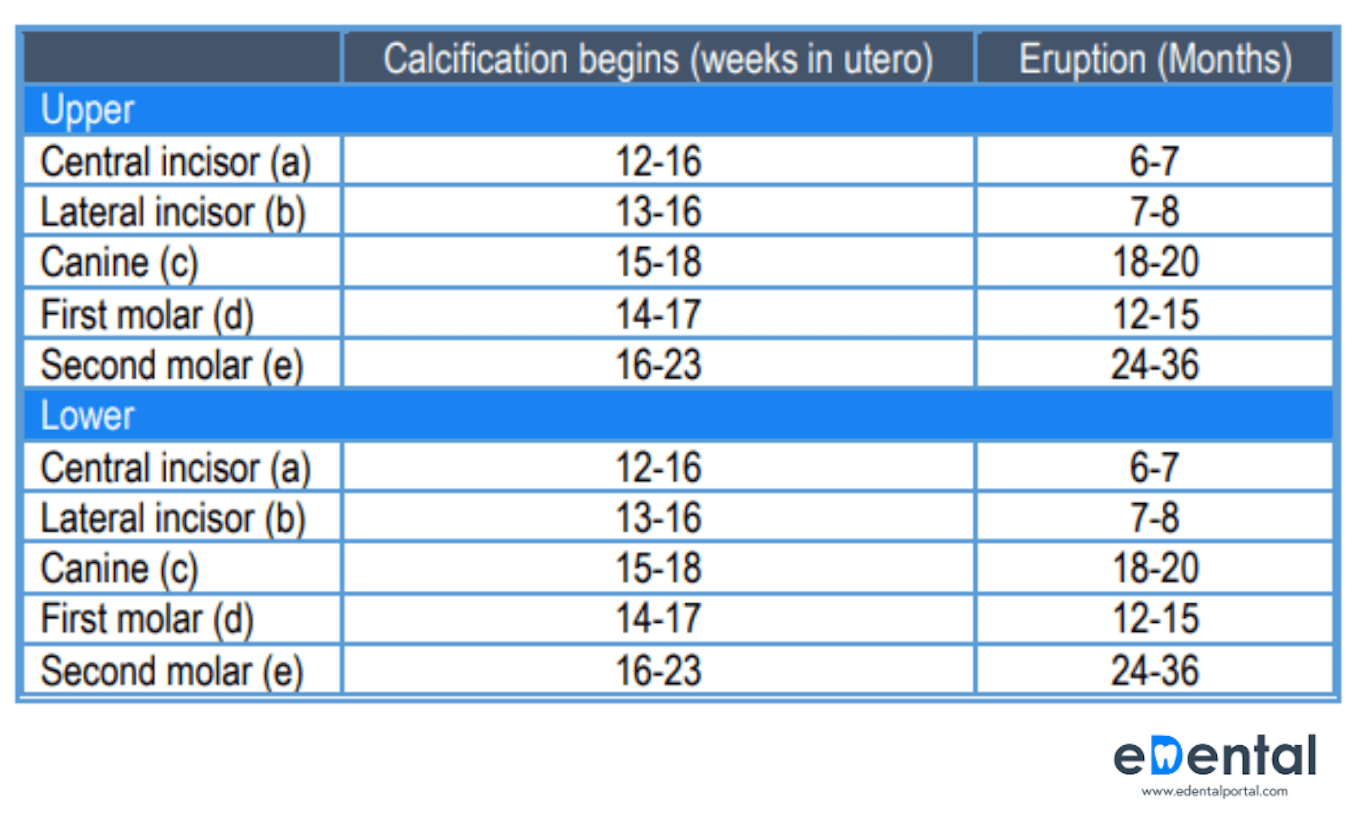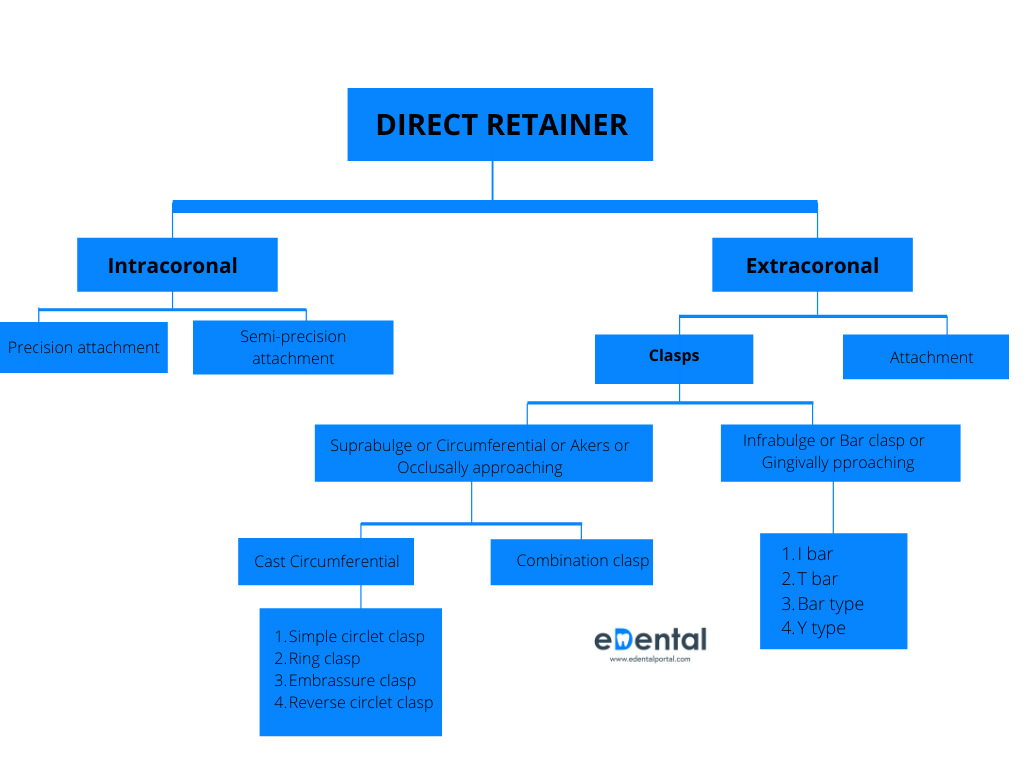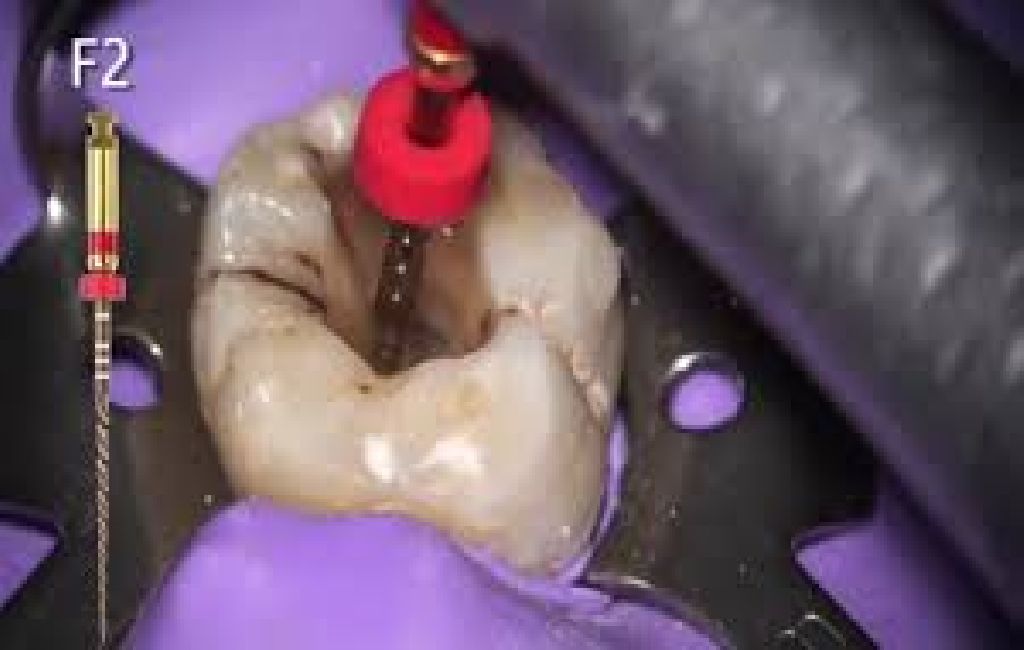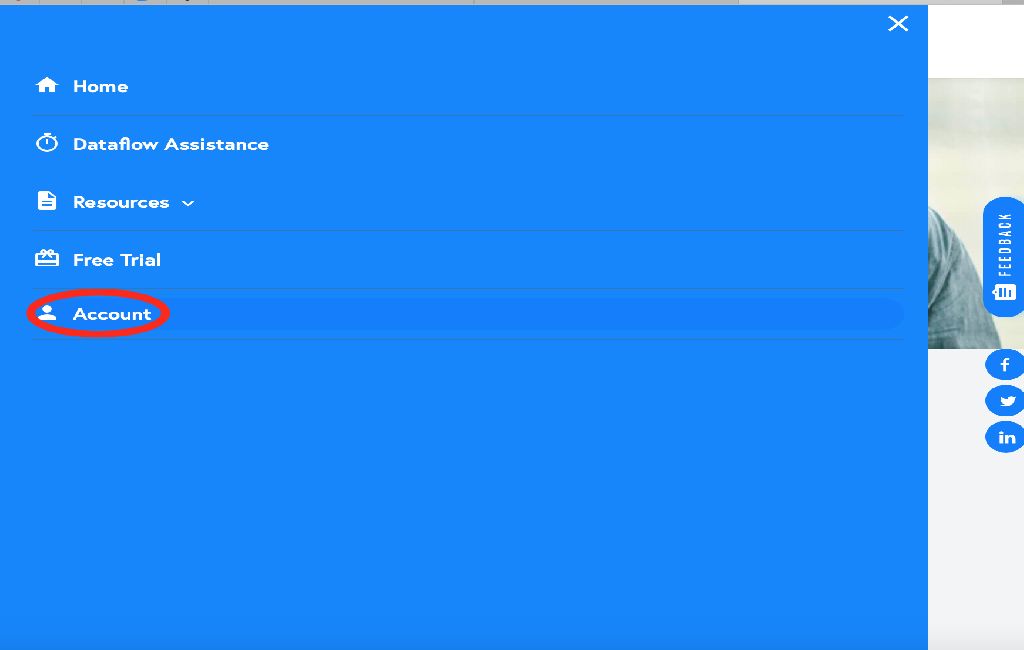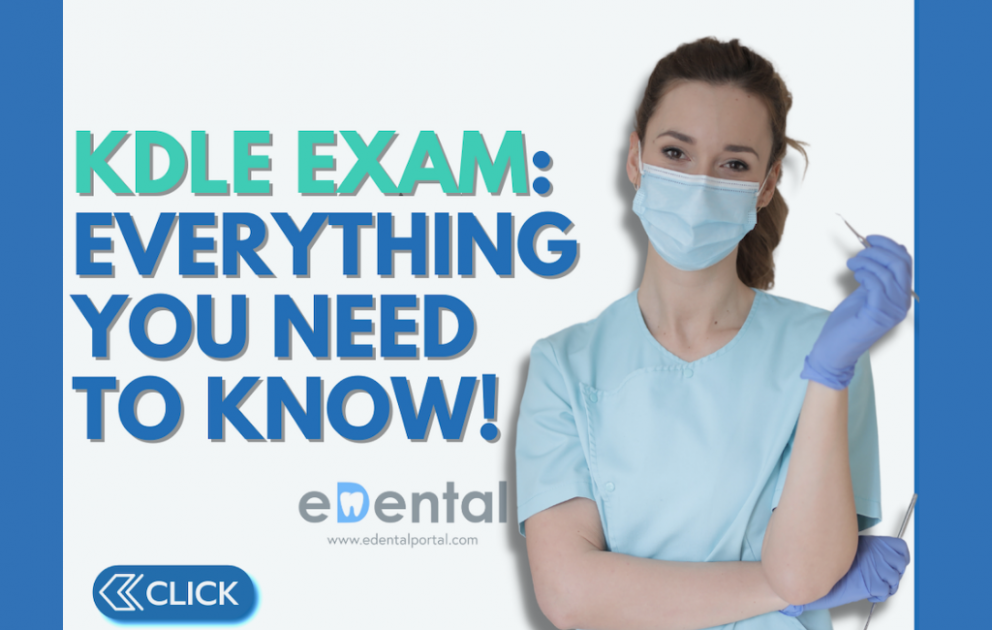
Work in Kuwait: KDLE Dentist Licensing Exam 2024
On 28-02-2022 | Read time about 6 Minutes
How can a dentist work in Kuwait?
To work in Kuwait as a dentist, you must sit and pass the Kuwait Dental Licensure Examination (KDLE) conducted by the Kuwait Ministry of Health (MOH). The exam has two parts to it. First, a computer based Prometric MCQ exam, then a viva, oral exam arranged by the MOH-Kuwait.
Kuwait Dental Licensing Exam Eligibility Criteria
To be eligible for the Kuwait Dental Exam (KDLE) , you must have completed one year of the internship and have at least six years of clinical experience if you are applying as a General Dentist.
You must have also found a job/employer. The employer will help you with getting your Kuwait Dental License by following the below steps:
- The employer must submit a request to the Ministry of Health (MOH) in Kuwait
- The dentist/specialist must pass an interview
- The dentist/specialist must pass a medical check-up
- A primary approval must be obtained from the Medical/Dental License Committee
- The educational certificates and certificates of past work experience must be authenticated to request the professional license
Kuwait Dental Licensing Exam (KDLE) MOH dentist exam Application Process
Documents Required:
- License request letter from your dental institution
- CV
- Authenticated qualifications, stating the date of issuance and the source, and the authenticated certificate of practical experience
- Copy of the civil ID
- Membership receipt in Kuwait Dental Association
- Equivalence of scientific certificates
- Copy of the nationality certificate, for Kuwaiti applicants
- Copy of the passport, for non-Kuwaiti applicants
- Four (4) personal photos
How to apply for kuwait dental licensing exam?
- The employer must visit the License Department of the Ministry of Health and submit the above documents along with the application form.
Note: For Kuwaiti applicants, the applicant in person or the applicant's employer may submit the request. For non-Kuwaiti applicants, the clinic owner, the Kuwaiti physician, or the medical institutions may submit the request - Fill the service application form. The documents are reviewed in the department and certificates are sent to the Ministry of Higher Education for equivalency. Then, the request is presented to the specialty committee for an interview.
- After passing the interview, the Medical License Committee issues primary approval and temporary license. Non-Kuwaiti applicants must also obtain residence visa
- Pay the fees as given here
KDLE exam schedule/location
- As of September 2023, the Kuwait Ministry of Health (MOH) exams are conducted by Prometric Testing LLC
- The exam has to be booked online from Prometric website and attended at a Prometric Testing Centre. eDental Portal books MOH Kuwait exams immediately once you raise a Exam Appointment service here
- In Kuwait the Prometric test centre is located
AMIDEAST, Dalal Complex 8th Floor, Kuwait
Format and content of Kuwait Ministry of Health (MOH) examination
As of 2024, the KDLE exam is completed in English language on a computer in a designated Prometric Testing Centre.
- The exam comprises of 150 multiple-choice questions, lasting 3 hours.
- The pass score is set at 60%.
- There is no negative marking in this examination.
- The questions are clinical based scenarios, with accompanying clinical and radiographic images.
- A maximum of three attempts a year to pass the MOH-KW qualification exam
- Eligible to retake the exam arter 6 weeks of a unsuccessful/ failed result
KDLE exam Syllabus:
Biomedical Sciences MCQs related to:
- Dental Anatomy
- Occlusion
- Anatomical Sciences, Biochemistry, Physiology
- Microbiology, Pharmacology and General Pathology
Dental and Clinical Sciences related to:
- Pain Control
- Management of Emergencies
- Oral Diagnosis
- Endodontics, Oral Pathology, Oral Medicine,
- Oral Radiology, Operative Dentistry, Oral and Maxillofacial Surgery
- Orthodontics, Periodontics, Preventive Dentistry,
- Public Health Dentistry, Prosthodontics, and Pediatric Dentistry.
Results
The results will be announced within 24 hours of sitting for the KDLE.
Re-sit for the examination
There is no limit to the number of attempts at the KDLE. However, you are limited to 3 attempts with the same employer.
Kuwait Viva Exam
The MOH Kuwait dental viva exam is scheduled through the Medical Licensing Department
The fee for the KDLE is determined by the Ministry of Health which can be found here (opens in a new window). This fee must accompany the Application Form. Any candidate who fails to appear for the examination will forfeit the registration fee. The fee must be paid for each attempt at the examination.
Validity of the examination
As of December 2024, the results of the Kuwait Prometric exam is valid for ONE year subsequent to the date of passing the exam. If a dentist has not practiced dentistry for more than five years after passing this examination, successful completion of a new examination, under its current format, will be required for licensure.
Sample KDLE (kuwait dental licensing exam) questions
1. The babysitter of a 4-year-old boy telephones the practice, as the child fell down a staircase and has knocked out his upper right deciduous central incisor. The boy was momentarily unconscious but appears normal now. Which is the single most appropriate advice to give to the babysitter over the phone?
A Bring the child to the practice to have it re-implanted by a dentist
B Do not re-implant, and reassure the babysitter not to worry
C Do not re-implant, and take the child to the local emergency Department
D Re-implant the tooth at home, and bring the child to the practice
Solve more questions on eDental Portal by taking a free Kuwait MOH (KDLE) test
Latest Posts
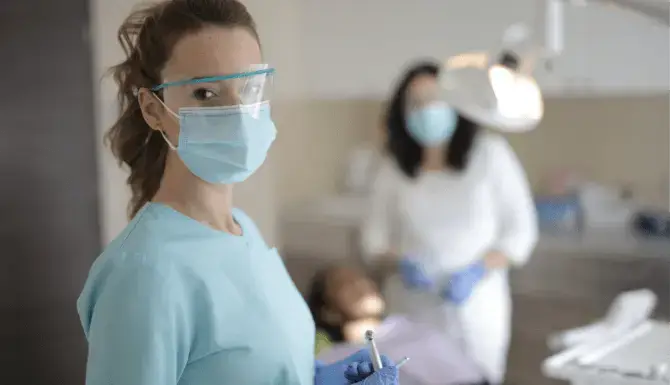
FREE PROMETRIC PRACTICE TESTS
Try out the most relevant Prometric mock test questions for Dental exams here.
ENROLL NOW
